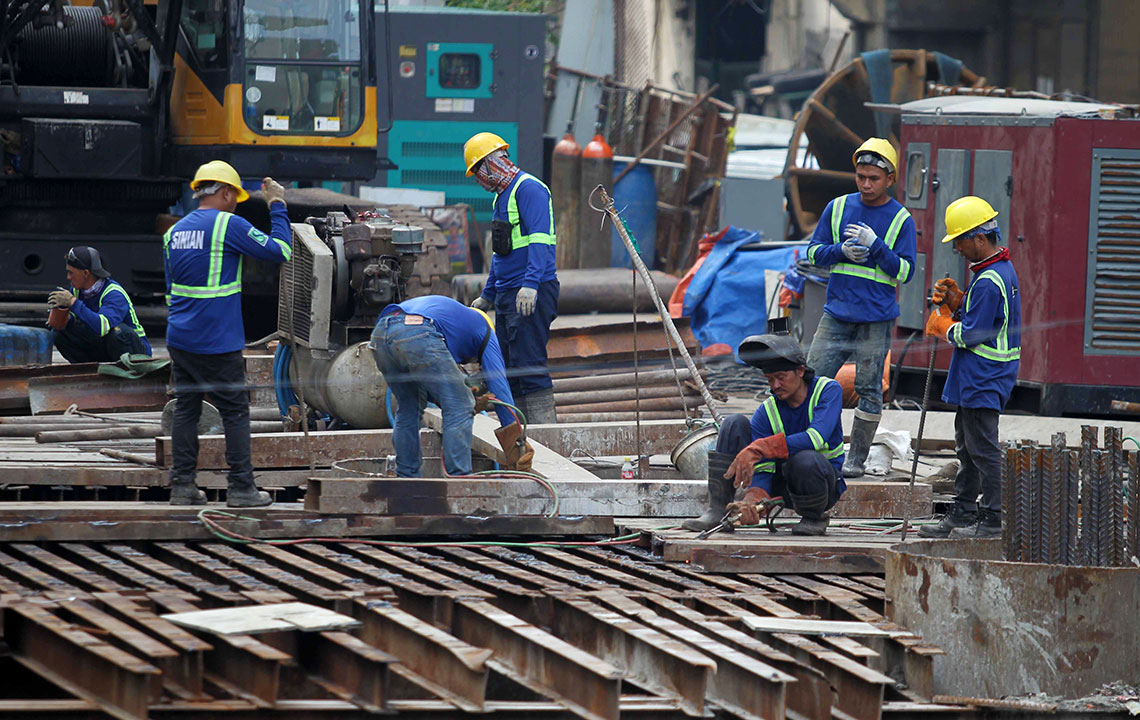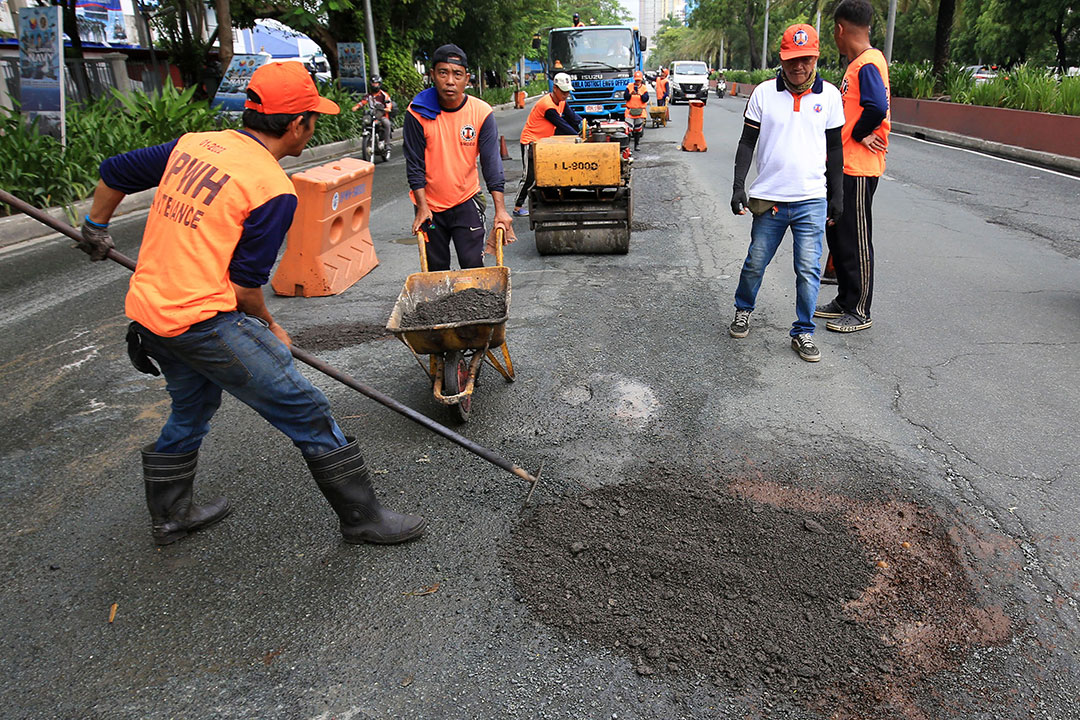
Upgrade to High-Speed Internet for only ₱1499/month!
Enjoy up to 100 Mbps fiber broadband, perfect for browsing, streaming, and gaming.
Visit Suniway.ph to learn
 PHILIPPINE STAR/RUSSELL PALMA
PHILIPPINE STAR/RUSSELL PALMABy Kenneth Christiane L. Basilio, Reporter
THE PHILIPPINES is taking the necessary steps to strengthen workers’ rights and could “soon” be removed from a watchlist of countries for such rights are often violated, the International Labour Organization (ILO) said on Thursday.
The Philippines was among the 10 worst countries for workers for a ninth consecutive year, with the International Trade Union Confederation alleging that Filipino workers have “no guarantee of rights” in its annual index.
“The Philippines is on the list, but it has made a lot of progress,” Khalid Hassan, ILO’s country director for the Philippines, told BusinessWorld. “The country is now working on a number of actions, which ILO is quite satisfied with.”
“We feel that a lot of good work has been done and the Philippines will be soon off that list,” he added.
Mr. Hassan pointed to an executive order by President Ferdinand R. Marcos, Jr. upholding the freedom of association and the right of workers to organize.
Signed in 2023, Executive Order No. 23 was issued in the wake of concerns about the deaths of union leaders and the harassment of their members.
A joint memorandum issued in 2024 also laid out government-wide guidelines to reinforce workers’ rights, including the right to strike.
“All these elements are there now helping the government’s implementation… with inter-agency committees working together,” Mr. Hassan said. “Working together will bring a lot of positive change.”
Nevertheless, the government must redouble efforts to improve workers’ rights, according to Carlos Miguel S. Onate, spokesman of the Trade Union Congress of the Philippines (TUCP).
“Much more needs to be done,” he told BusinessWorld. “Union density in the Philippines is down to less than 5%.”
The TUCP plans to file three measures next week aimed at strengthening labor rights, Mr. Onate said. Its proposals include bills making it easier for workers to join or form unions, decriminalizing “illegal” strikes and limiting the government’s power to break workers’ protests.
“We would push for them to be included in the LEDAC (Legislative-Executive Development Advisory Council) priority bills,” he said.
“Such legislation are critical because it will finally adjust the labor code to be in full compliance with international labor standards,” he added, noting that the TUCP’s proposals aim to strengthen labor rights and improve the country’s standing in the annual labor index.




